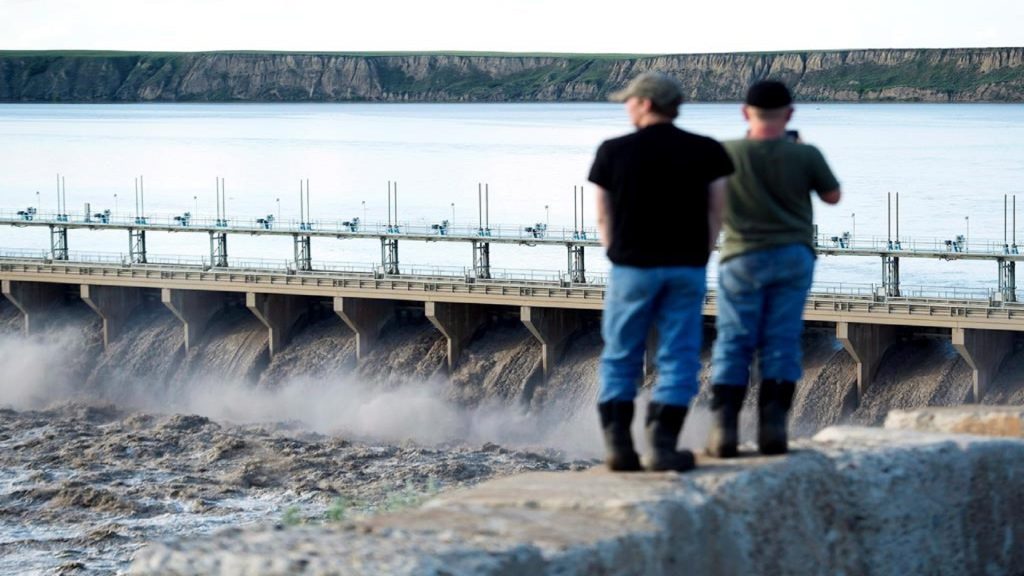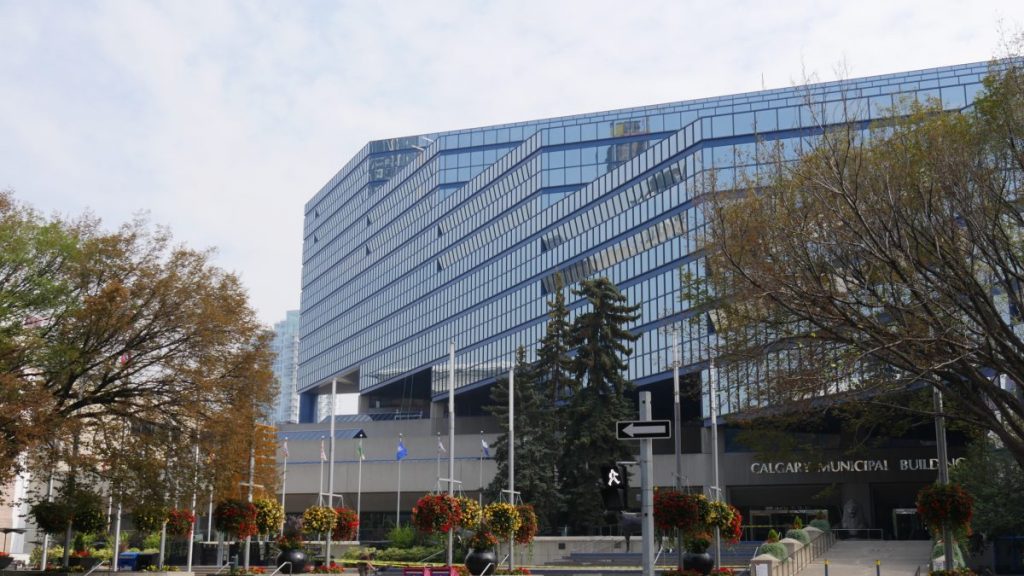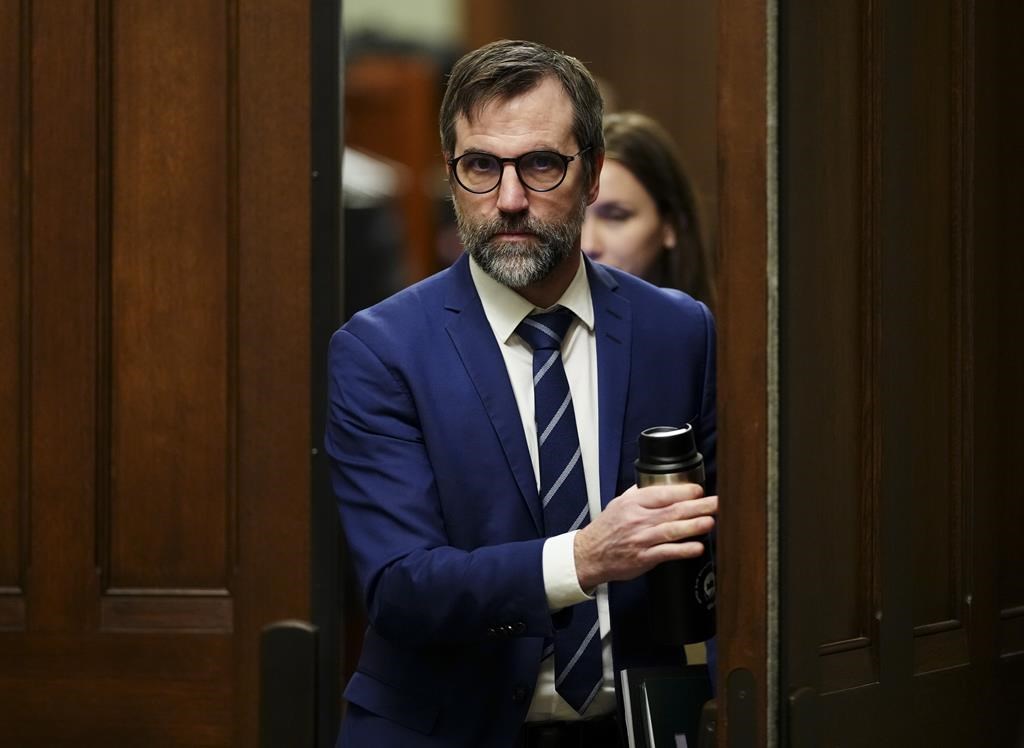Will vaccine hesitancy among Albertans prolong the COVID-19 pandemic?
Posted Apr 28, 2021 6:43 pm.
Last Updated Apr 28, 2021 6:48 pm.
EDMONTON (CityNews) — While most Canadians are clamouring to get their COVID-19 vaccine, several Albertans remain hesitant.
An Angus Reid survey found that 81 per cent of Canadians will get their shot. But 28 per cent of Albertans remain hesitant or say they will refuse the vaccine – the highest reluctance in the country.
“Thirty per cent vaccine hesitancy would make it essentially impossible to reach a level of herd immunity,” said infectious disease expert Dr. Craig Jenne.
“Conservative estimates are saying we need 70 per cent of the population vaccinated, and those estimates were put out before the variants were on the scene. Being more infectious, we know we need a higher level of vaccine uptake.”
Alberta currently has Canada’s highest per capita COVID rate. The hot spot is Fort McMurray, one of Canada’s youngest communities. The province says vaccine uptake is lower there, which may be compounded by the transient nature of the area’s energy industry.
Premier Jason Kenney has cited natural protection as part of Alberta’s ability to reach herd immunity. But experts say a new wrinkle has thrown a wrench into that theory.
“We are seeing repeated reports of people who had been previously infected with the original strain of the virus, now being reinfected by variants,” said Jenne. “Suggesting that the natural immunity from the first infection is not robust enough to fight off the variants.”
Failing to reach herd immunity means the virus could still wreak havoc even after the pandemic’s effects subside elsewhere – not unlike other diseases.
“There are areas in Alberta which are lower than the provincial average vaccine uptake, for example, for childhood diseases,” said Jenne. “And then we see outbreaks and clusters of things such as measles and whooping cough, and those can have serious health impacts.”
That in turn could mean more government intervention even as other provinces return to normal.
“And we may be forced to still see targeted closures and restrictions into the future to deal with local hotspots. If we can get that vaccine uptake high enough, then expect individual cases perhaps in a community, but we will have significant protection against these outbreaks.”
Some Alberta MLAs have not endorsed the vaccine, which could add to the hesitancy. But experts hope that as the vaccine data grows, so too does the uptake.
“As more and more Canadians get vaccinated, this data becomes more and more clear,” said Jenne. “Hopefully that will alleviate some of the hesitancy that people have about these vaccines.”










